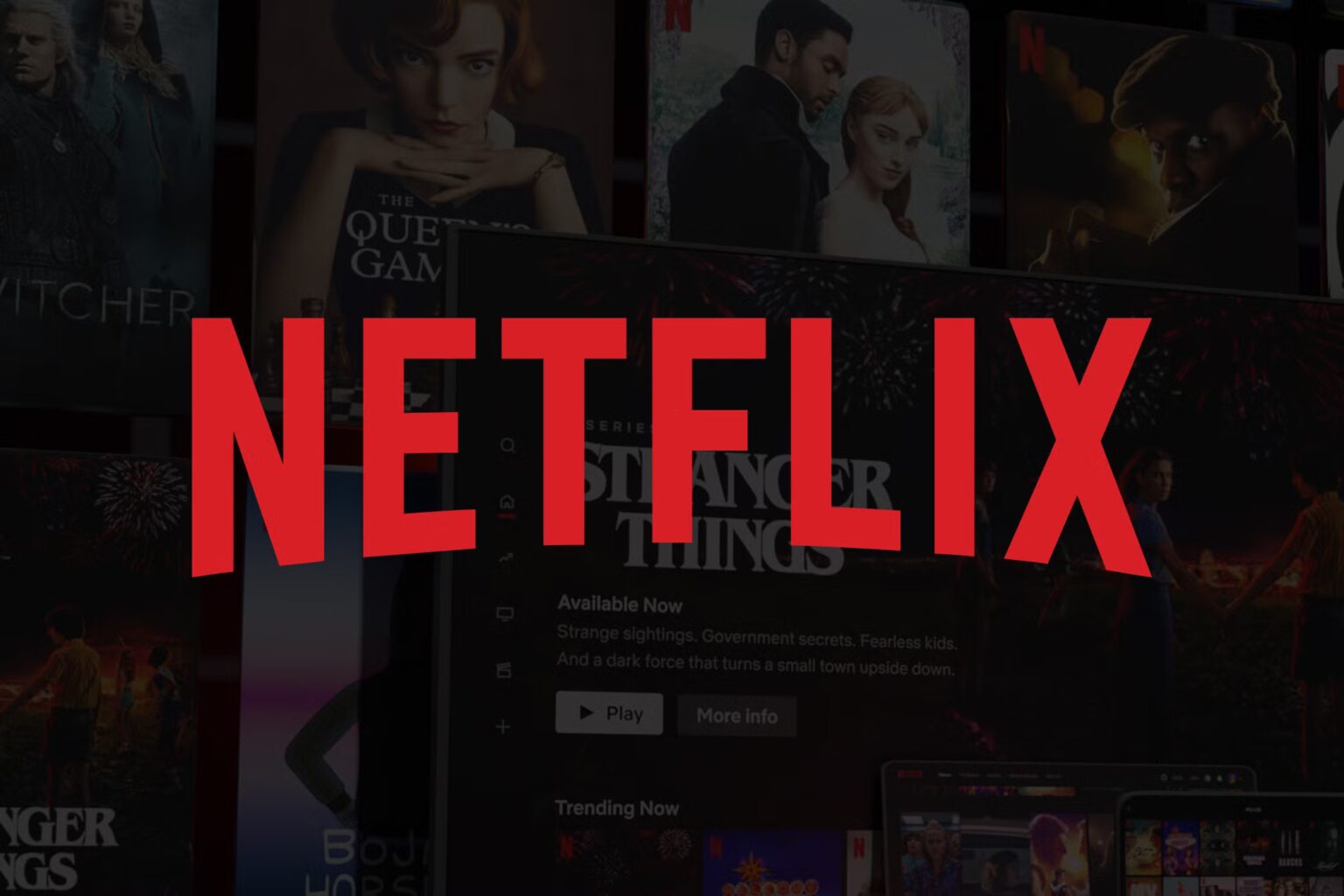Netflix has officially pulled out of Nigeria, ending an eight-year run that transformed how Nigerians consume entertainment. The streaming giant, which entered the Nigerian market in 2016, helped elevate Nollywood to a global stage with acclaimed originals such as Aníkúlápó, Blood Sisters, Shanty Town, and King of Boys. However, the company has now ceased operations, marking a significant shift in Nigeria’s entertainment landscape.
Revolutionising Nigerian Entertainment
Since its arrival, Netflix played a pivotal role in reshaping the Nigerian creative industry. It funded and co-produced numerous Nollywood titles, providing a platform for local stories to reach international audiences. Its contributions spanned beyond mere content creation, extending to job creation, economic investment, and cultural export.
Between 2016 and 2022, Netflix invested over R3.36 billion ($175
R3,205.37 million) in African markets, including South Africa and Kenya. Nigeria alone received more than R441 million ($23
R421.28 million) in funding for over 250 local titles. This investment generated a significant economic impact, contributing R733 million ($39
R714.34 million) to Nigeria’s GDP, R638 million ($34
R622.76 million) to household incomes, and supporting more than 5,140 jobs across various sectors.
Unanswered Questions Behind the Exit
While Netflix has not issued an official statement explaining its departure, industry insiders suggest profitability challenges may have influenced the decision. Global subscription numbers have dipped in recent years, and maintaining profitability in Nigeria’s growing but challenging market may have proven difficult.
Acclaimed Nigerian filmmaker Kunle Afolayan confirmed Netflix’s exit at the 2024 Zuma Film Festival. He noted that the platform had stopped commissioning new Nigerian originals, although he managed to secure a third season for Aníkúlápó before the decision took effect.
Impact on Nollywood’s Future
Netflix’s exit has sparked concern among Nollywood stakeholders. The platform was instrumental in boosting the visibility of Nigerian content globally, and its withdrawal could slow down the momentum Nollywood has gained in recent years. It also raises questions about the future of streaming in Nigeria and the support for homegrown content that was championed by Netflix.
Despite the setback, Nollywood remains resilient. The industry may now turn to alternative platforms, local streaming services, or partnerships with other global players to fill the void left by Netflix’s departure. However, the loss of Netflix’s financial backing will undoubtedly leave a gap in the ecosystem that once flourished with its support.
The Bigger Picture: Economic and Cultural Ramifications
Netflix’s departure is not just a cultural loss but an economic one. Its investments significantly impacted the broader creative economy in Nigeria, influencing household incomes, tax revenue, and job creation. Without the streaming giant’s backing, Nollywood will need innovative solutions to sustain its growth and global presence.
While the full impact of Netflix’s withdrawal is yet to be seen, it serves as a reminder of the volatility within the global streaming industry. As Nigerian audiences and creators adjust to this new reality, the question remains: who will step in to fill the void and ensure that Nollywood continues to thrive on the global stage?









